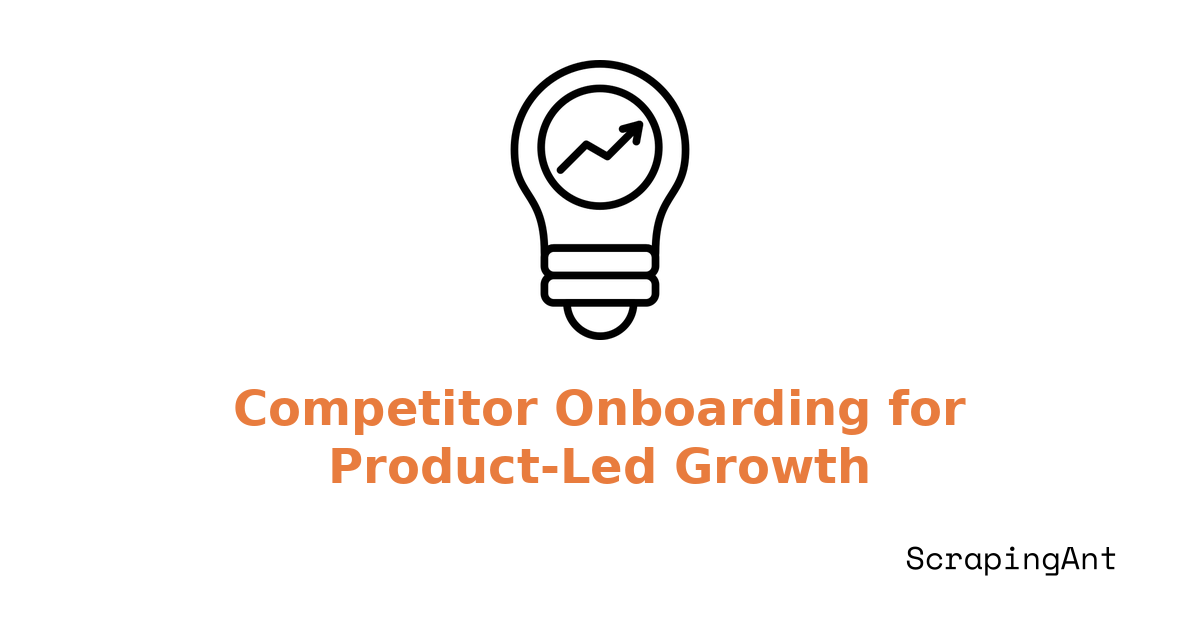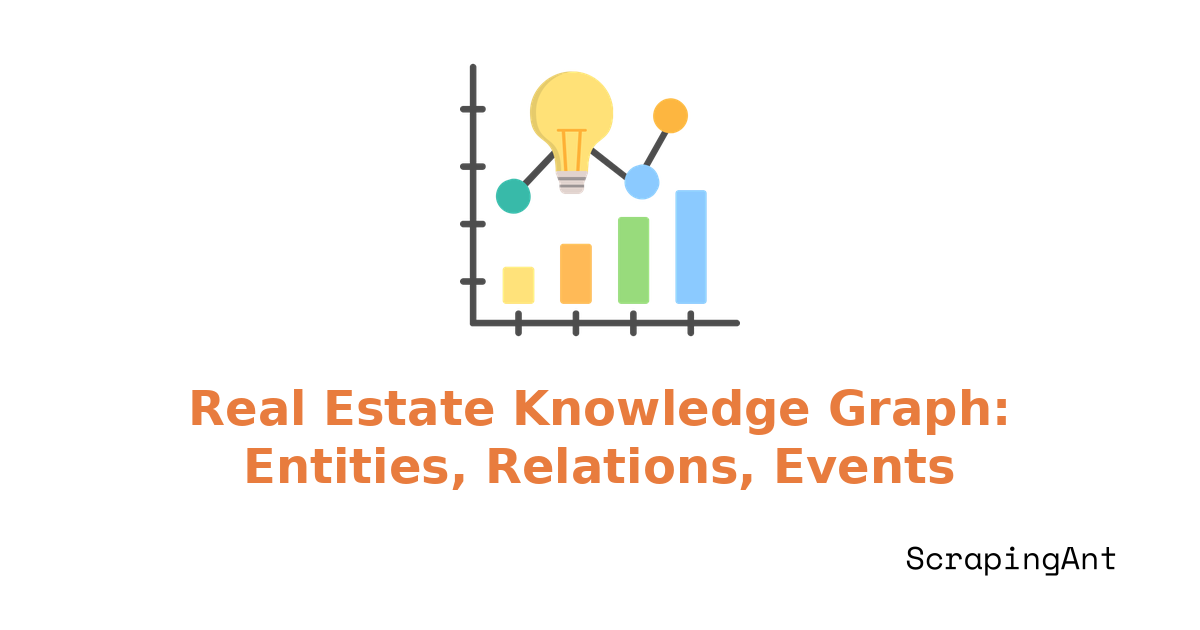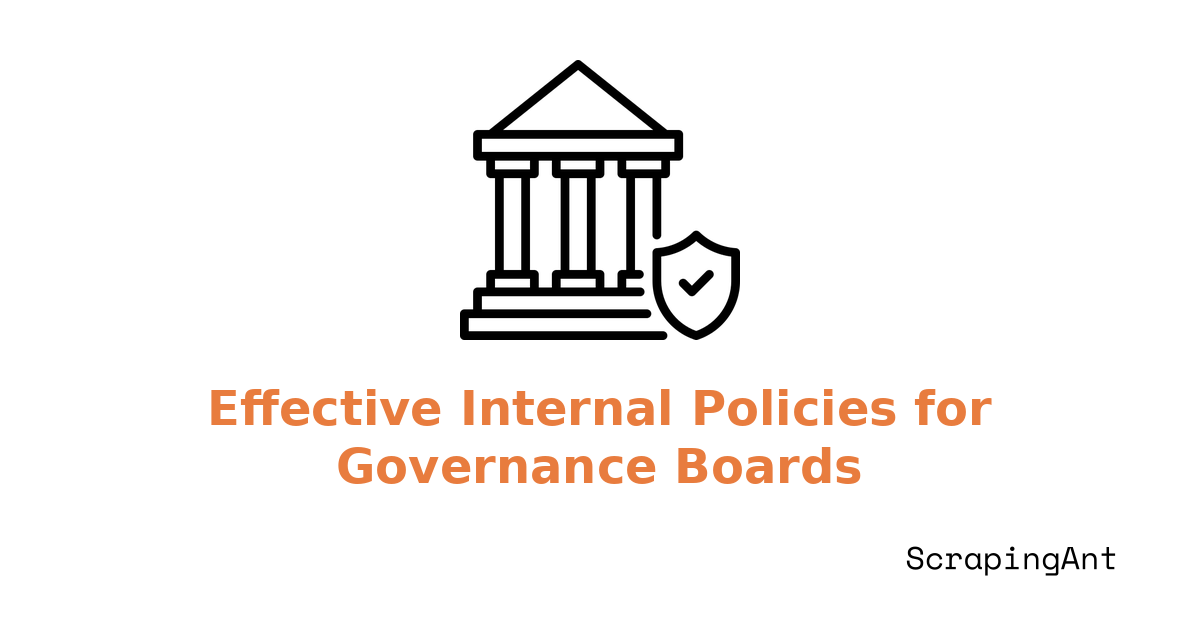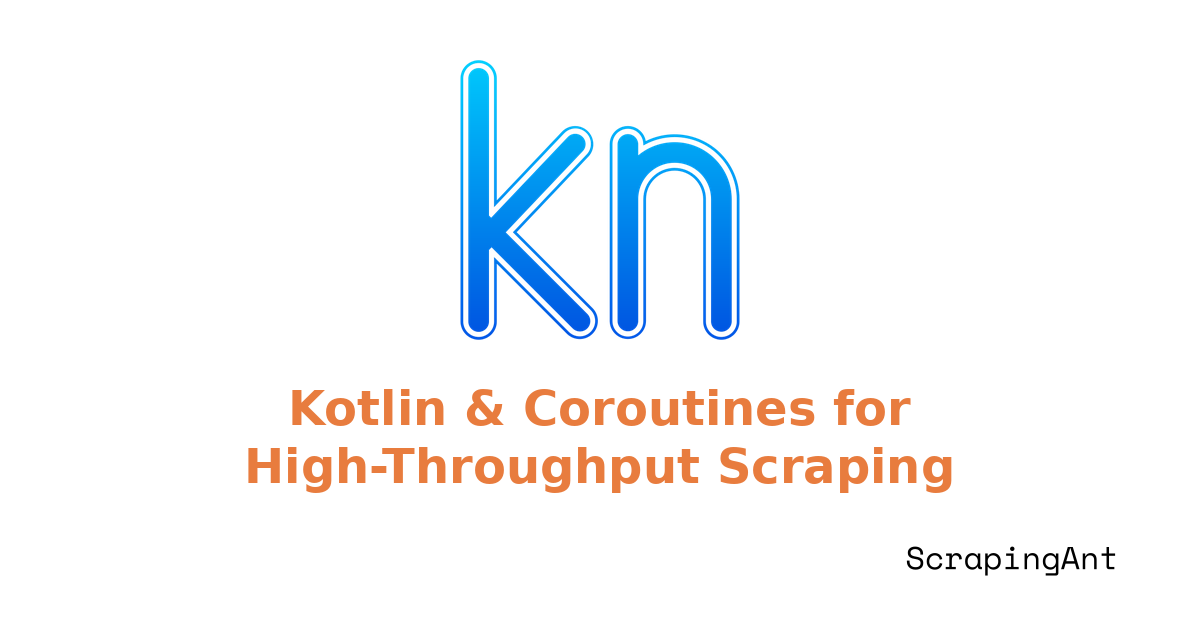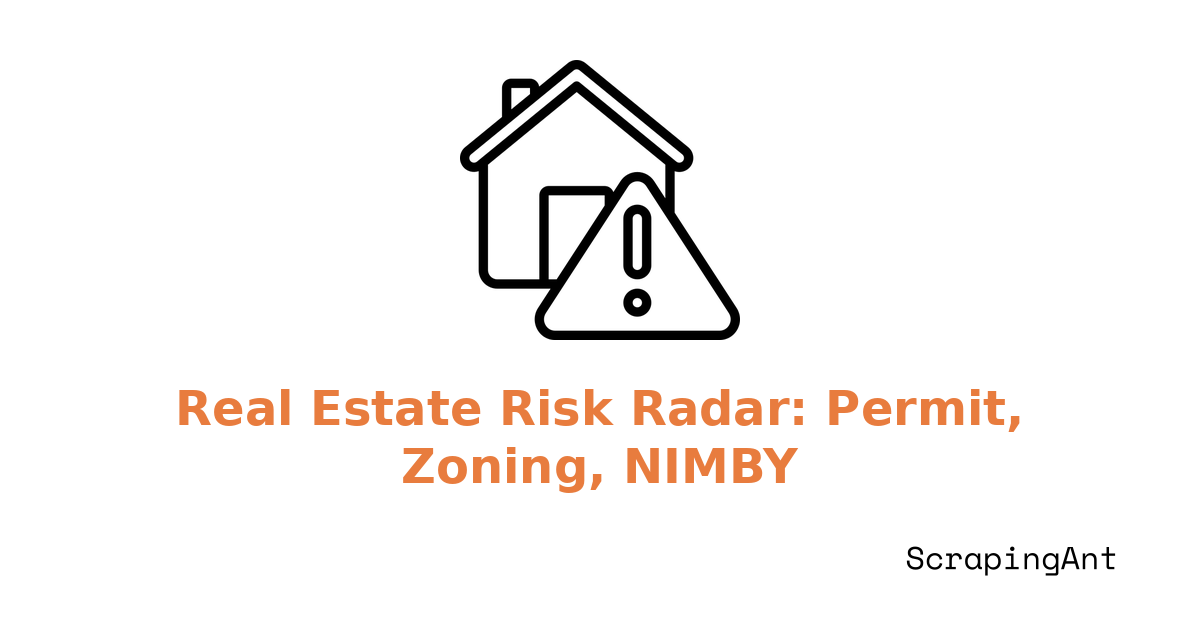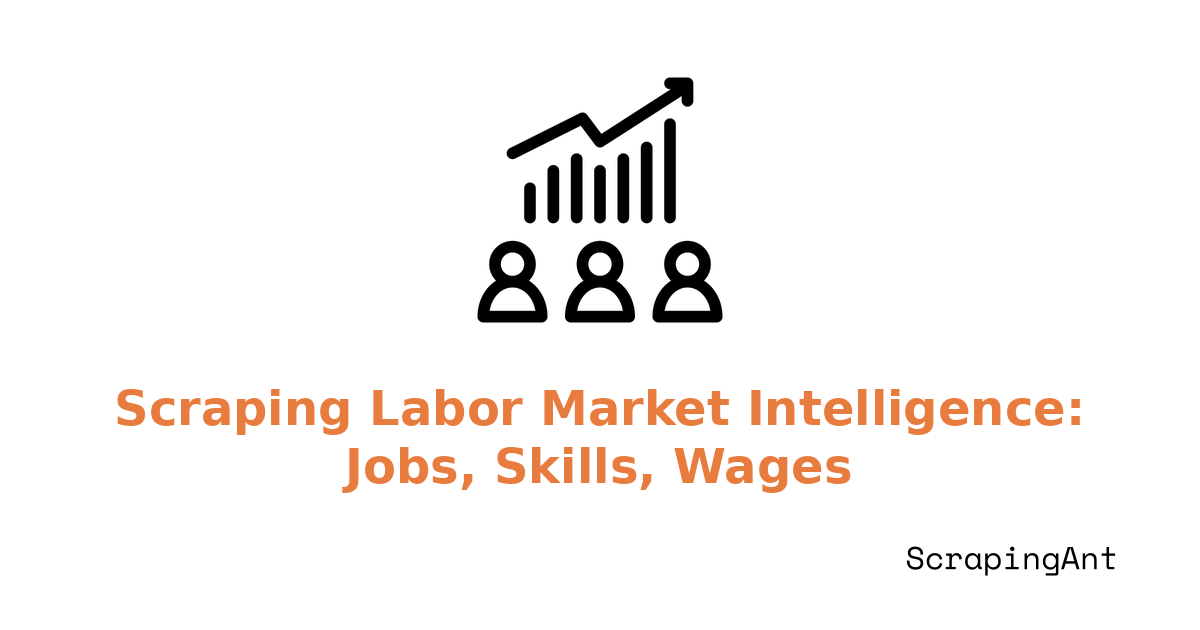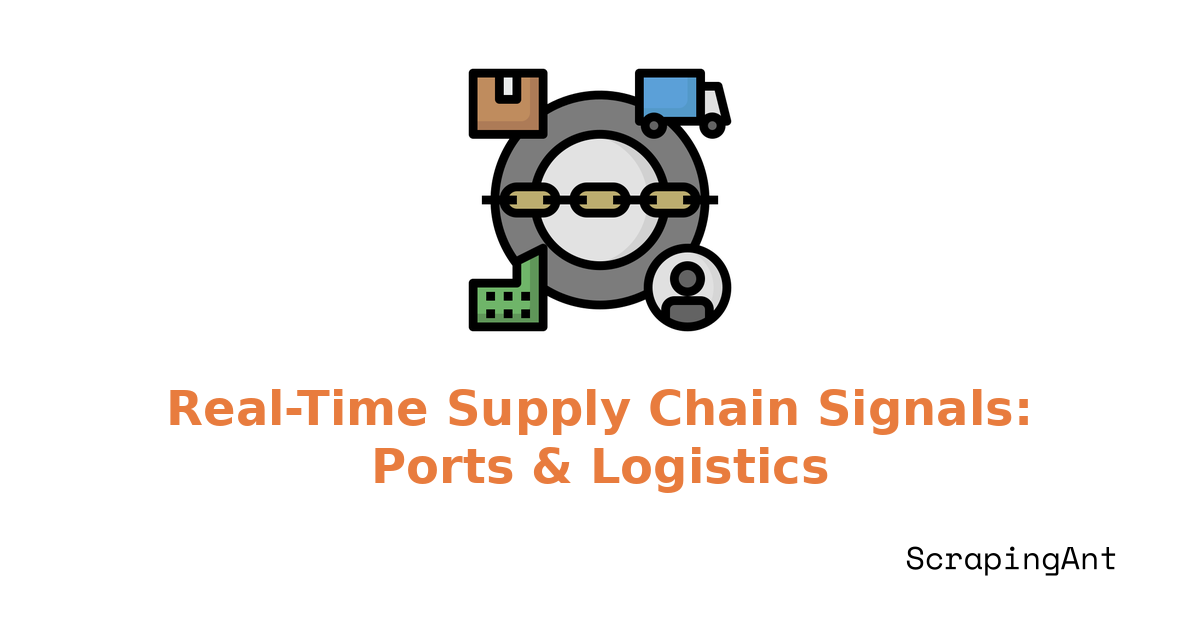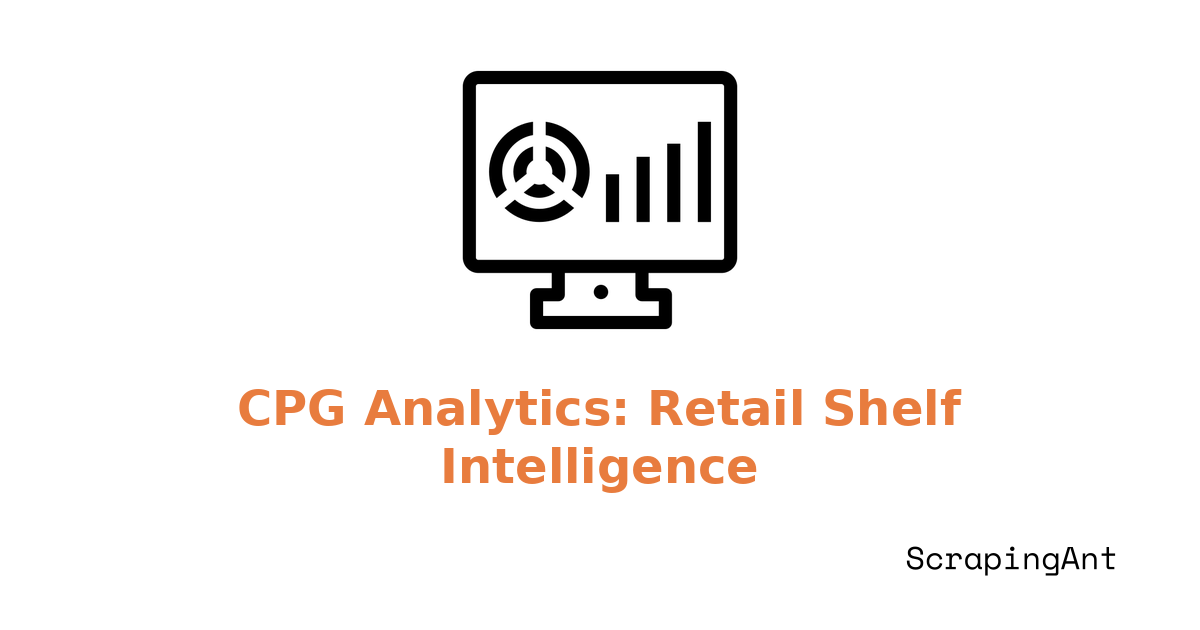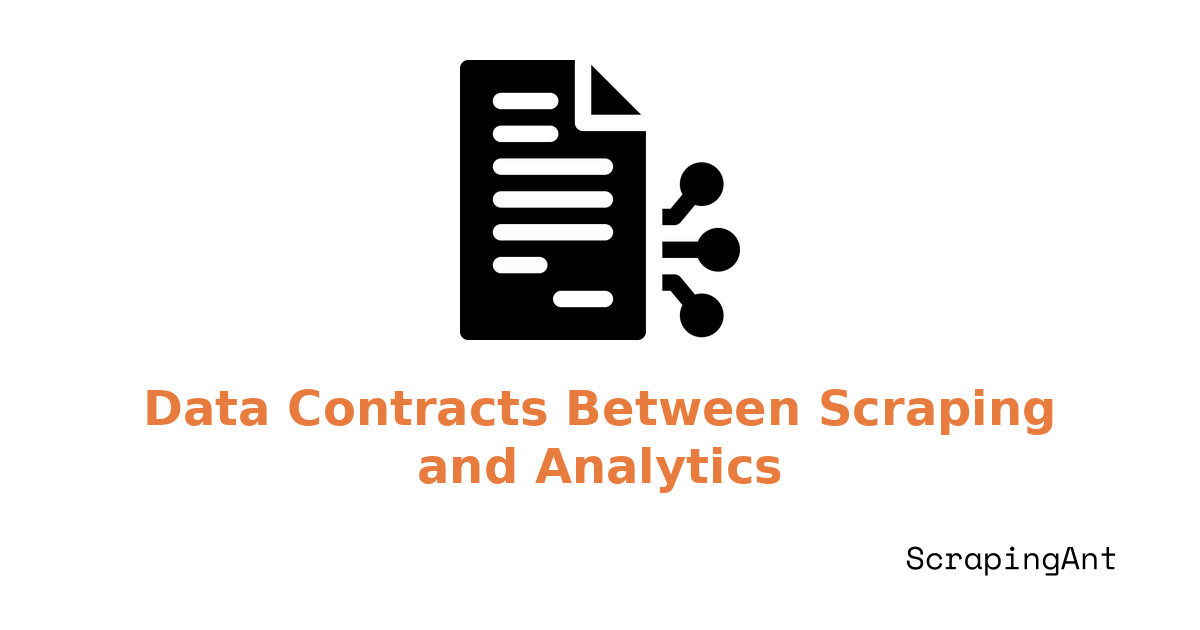
As web scraping has evolved into a critical data acquisition channel for modern analytics and AI systems, conflicts between scraping teams and downstream analytics users have intensified. The core of these “schema wars” is simple: analytics teams depend on stable, well-defined data structures, while scraping teams must constantly adapt to hostile anti-bot systems, dynamic frontends, and shifting page layouts. Without a formalized agreement – i.e., a data contract – every front‑end change or anti‑bot countermeasure can cascade into broken dashboards, misfired alerts, and mistrust between teams.
